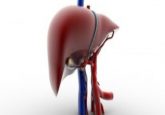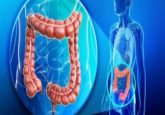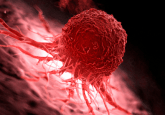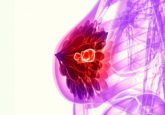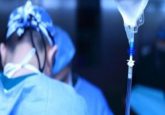Adipose tissue may reduce radiotherapy efficacy in breast cancer patients
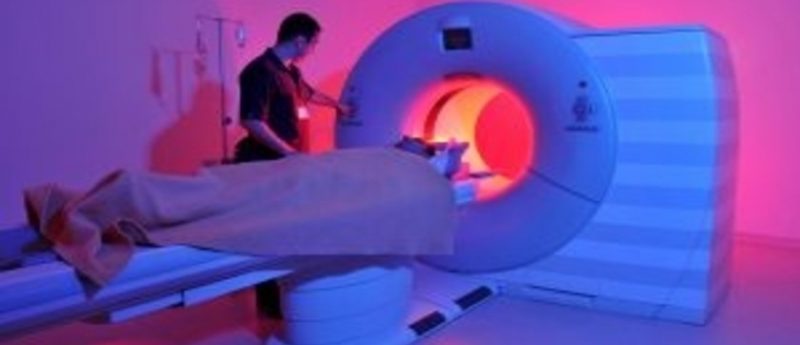
Research recently published in The FASEB journal, demonstrates that repeated irradiation of breast adipose tissue results in an inflammatory response that eventually results in a reduced efficacy of radiotherapy in breast cancer patients.
This study was developed following a recent discovery of inflammatory interactions between breast adipose tissue and breast tumors.
“Patients often undergo 25 daily doses of radiotherapy to the whole breast after surgical removal of the tumor to ensure that any remaining breast cancer cells are destroyed,” commented David N. Brindley (Heritage Medical Research, University of Alberta, Canada).
“During this treatment, the adipose tissue releases autotaxin, an enzyme that initiates a wound healing response. This response ends up protecting the remaining cancer cells and allowing tumors to establish themselves and avoid destruction,” Brindley explained.
To test this hypothesis, Brindley and his team radiated rat and human adipose tissue with doses expected during radiotherapy. The radiation resulted in an inflammatory wound healing response and increased levels of autotaxin. The group identified multiple agents that could block this inflammation and inhibit the wound healing response, which in turn, would improve the efficacy of the radiotherapy.
“This is a potentially major discovery in relation to the efficacy of breast cancer radiation therapy.” The FASEB Journal Editor-In-Chief Thoru Pederson concluded.
Sources:
Eurekalert press release ;Meng G, Tang X, Yang Z et al. Implications for breast cancer treatment from increased autotaxin production in adipose tissue after radiotherapy. FASEB J. [Epub ahead of print] (2017).
